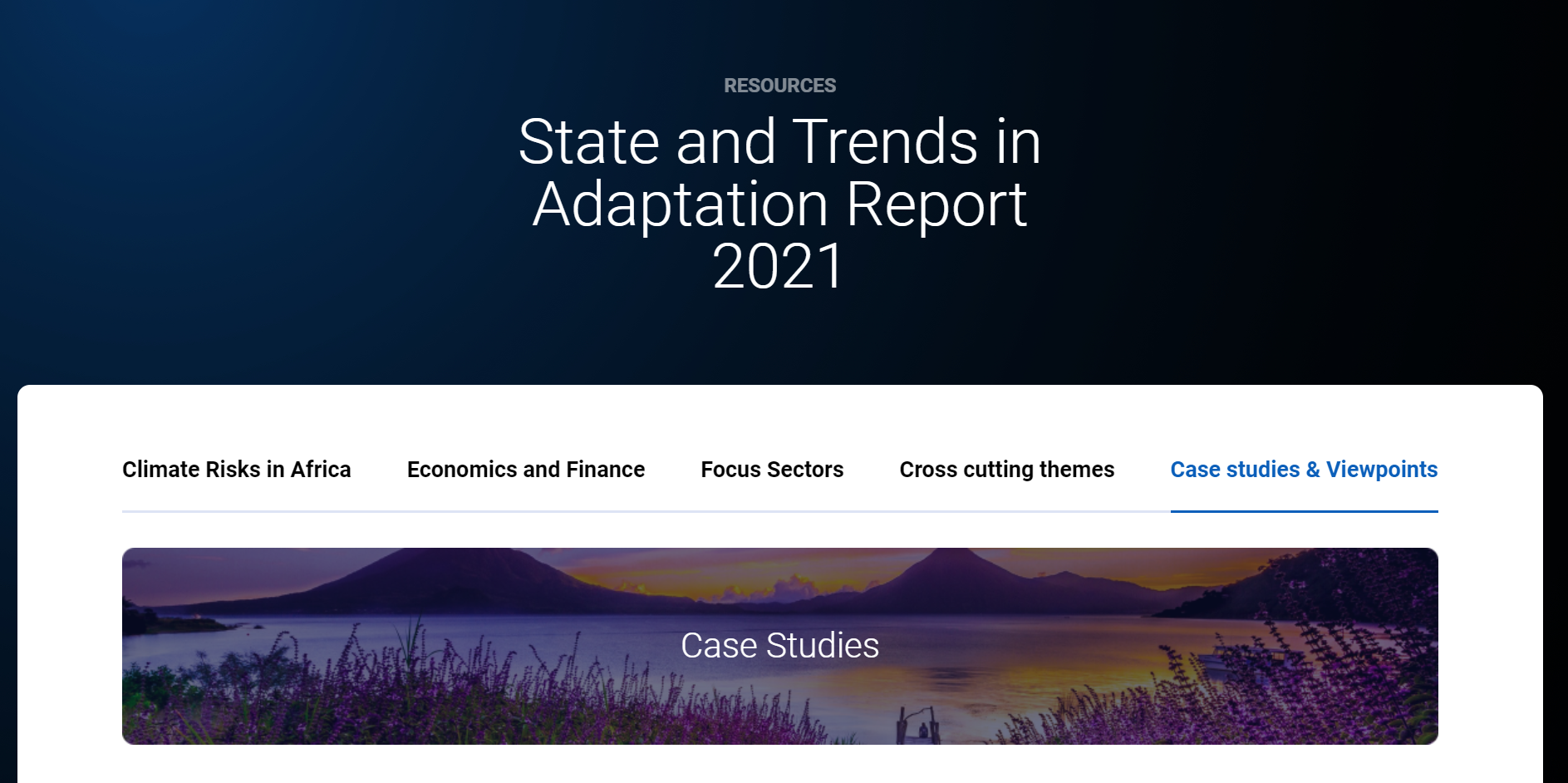
Africa is exposed to complex, interconnected climate systems, with three of the most important being El Niño Southern Oscillation (ENSO), the monsoons, and cyclones. Each is already affecting the lives and livelihoods of people across the continent. As anthropogenic climate change causes the planet to warm, each of these climate systems is likely to increase their influence on extreme weather outcomes and to become more erratic.
The recently released first volume of the IPCC Sixth Assessment Report suggests that it is becoming increasingly difficult to avoid reaching a rise in average global temperature of 1.5oC within the next decade or so and 2oC or more by mid-century. Even if lower emissions pathways are to be achieved, African climates are likely to be more erratic, with most of Africa becoming more arid and much of it so hot that outdoor work and tourism will be life-threatening for much of the year.
State and Trends in Adaptation: Weather Advisories in Tanzania - A viewpoint for impactful adaptation
Learn to Adapt
The State and Trends in Adaptation Report 2021, focus on the latest innovation, best-practices and case studies showcasing how communties can cope with impacts of climate change. The report analysis the state-of-the-art and covers deep-dives into focus-areas and cross-cutting issues to gain a deeper understanding on how to adapt. Lear, share and utilize the best available knowledge is elementary to handle present and up-comming impacts of climate change. The report aims to inform policies, NGO and all relevant stakeholder on their shared struggle to impliment impactfull adaptation messuares
Start your learning journey and explore the report here.
Weather advisories in Tanzania.
Year after year, season after season, smallholder farmers, pastoralists, and fisherfolks in Tanzania work hard to increase productivity in livelihoods that are extremely climate-vulnerable, with no significant improvements. Their efforts are stymied by extreme weather events – especially prolonged droughts and severe floods – in addition to poor soil fertility, limited markets, poor access to technologies, and limited farm extension services. The result is increased vulnerability, poverty, and food insecurity. The Climate Action Tanzania shows in a project how disimminating and prooviding Climate Services to smallholder can tackle this challenges. Learn more about how we approach Climate Services in the viewpoint on Weather Advisories in Tanzania, that is feautred in the Adaptation Report 2021.
Here we tell our story how we built up the climate resilience of smallholders in Tanzania with Climate Services. If you want to learn more on Climate Services visit our hub on Climate Services.
Exposed to Climate Change
Africa is highly vulnerable to the impacts and risk of climate change. The impacts of extrem weather and changing weather pattern affects the lives and livelihoods of people across the continent. Even when the Paris Goal of limiting the global warming to 1.5°C is achieved, the warming will have serious impacts for africa.Therefore adaptation is key for a sustainable development in Africa. Solution for adaptation as the Climate Services are urgently needed.
